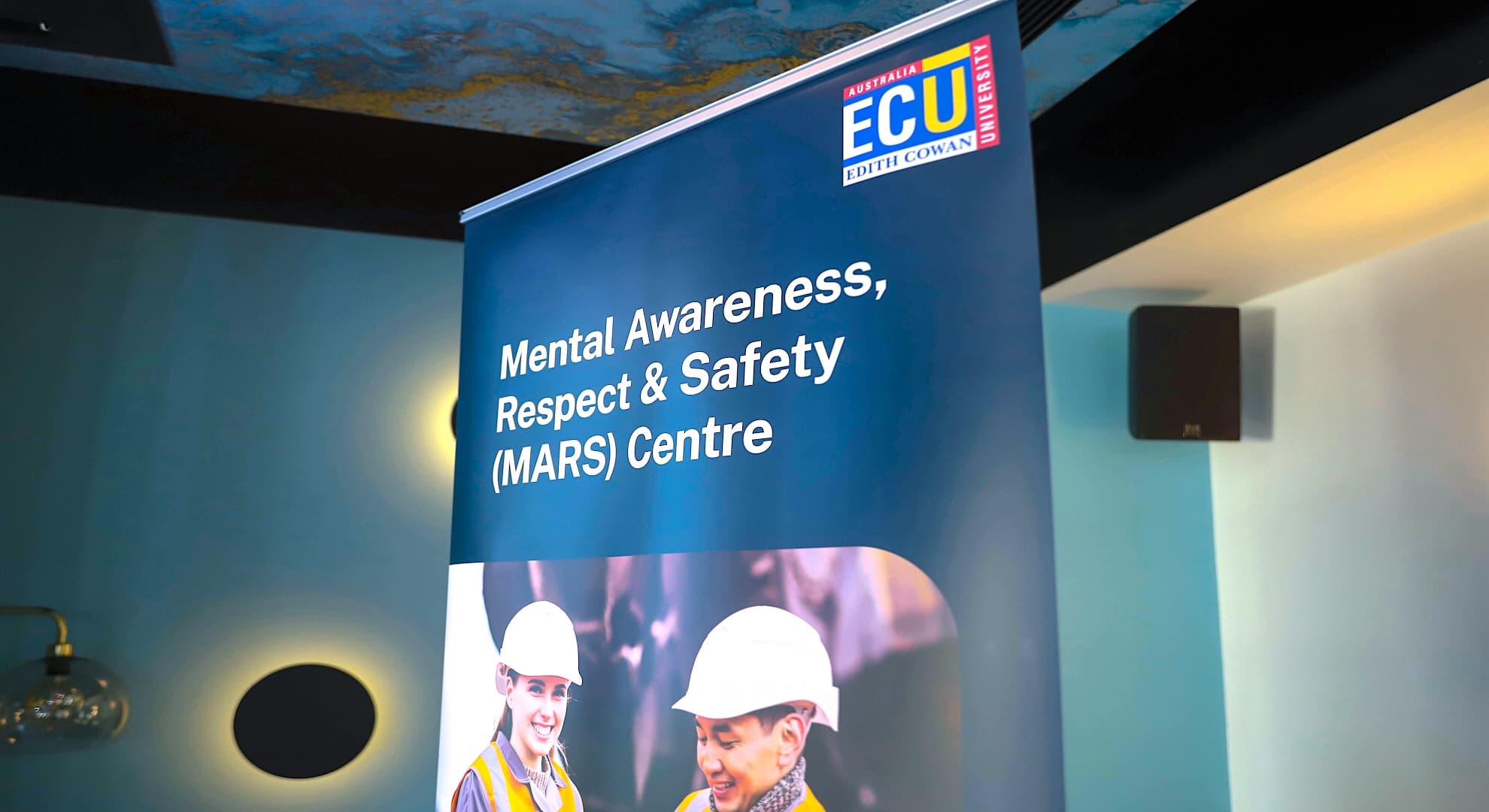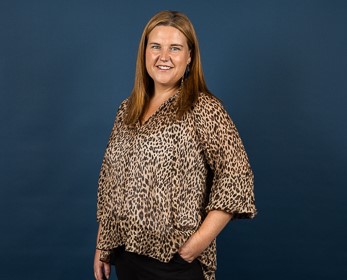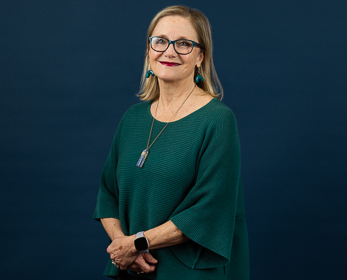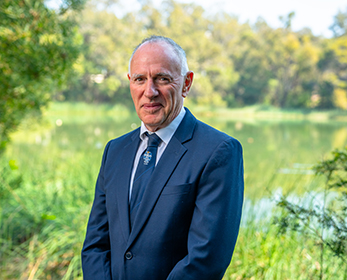Edith Cowan University's (ECU) Mental Awareness, Respect and Safety (MARS) Centre has hosted its first research showcase in Perth, presenting a range of projects to create a mentally healthy workplace, build a culture of safety and respect, and to prepare for workplace safety within the mining industry.
The MARS Centre, which was officially launched in mid-2023, works collaboratively with the Western Australian mining industry and acts as a hub for innovative research and knowledge sharing to enhance safety, well-being, and to bring about culture change in the mining industry.
"Our MARS research showcase is an opportunity to share some of the exciting work with are doing with industry to support a culture of safety and respect and foster mentally healthy workplaces," ECU Associate Professor, and Deputy Director of the MARS Centre, Kate Blackwood said.
The MARS showcase featured a number of research project from ECU's School of Business and Law and the School of Medical and Health Sciences around emerging technologies, critical safety improvements, the wellbeing of fly-in, fly-out mines, advancing diversity and inclusion in the mining industry, and the impact of welding fumes on workers.
Delivering results
In researching the paradoxical effects of emerging mining technologies, Senior Lecturer Dr Eden Li conducted a systematic literature review to determine how emerging technologies could impact health and safety in the mining industry, finding that the effective management of technological changes in the industry was crucial for fostering a sustainable and worker-friendly future.
"The true value of technological advancements hinges on effectively managing and implementing workplace changes. Adopting human centred principles and regularly evaluating practices allows organisations to design workplaces where technology enhances workers' well-being rather than detracting from it," Dr Li said.
MARS Centre research conducted by Dr Judy Lundy, Dr Uma Jogulu and student Amy Chapple showcased how building inclusive and diverse workplaces could positively influence respectful and healthy relationships and workplace relationships.
The study evaluated how a specially designed diversity and inclusion (D&I) capability maturity model could assist the resources industry to develop an inclusion culture to help address gender inequality in the male-dominated arena of mining.
The model provides an opportunity for mining organisations to track their progress by setting up an assessment rhythm so that progress can be monitored, and accountabilities assigned. This can also assist in maximising the likelihood of meaningful progress in advancing diversity and inclusion maturity, thereby positively influences respectful and healthy behaviours and workplace relationships.
"Our research team have been thrilled with the openness of research participants to share their insights to inform current state assessments and to use this as a baseline for improvement. We've found the assessment tool and process have been extremely valuable in raising awareness of the importance of D&I and the D&I concepts and to help provide "a line of sight of where to go next in building capability maturity," Dr Lundy said.
Welding fumes research
Using data from the Department of Energy, Mines, Industry Regulation and Safety (DEMIRS) Safety Regulatory System (SRS), ECU Professor for Occupational Health and Safety, Professor Jacques Oosthuizen found that based on an analysis of the mean and 95% confidence limits of 10 401 welding fume samples, the WA mining industry was currently not compliant to the workplace exposure standard (WES) for welding fumes.
Welding fumes are a human carcinogen and workers exposed to welding fume have an increased risk of tracheal, bronchial, and lung cancer.In January this year, the WES for welding fumes was reduced from 5 mg/m3 to 1 mg/m3.
Professor Oosthuizen said that based on an analysis of the mean and 95% confidence limits of 10 401 welding fume samples the WA mining industry was 100 compliant to the previous WES but 100% of the means and 95% confidence limits exceeded new WES.
"The data indicates that welding fume levels have remained relatively constant over time, suggesting that existing control measures may be insufficient to meet the stricter standard," he said.
Powered air-purifying respirators (PAPR), integrated with welding helmets, provide the most effective protection against welding fumes, with reductions in fume exposure of up to 99.96%. Professor Oosthuizen noted that current sampling methods needed to be revised as samples are collected outside the PAPR helmets and do not accurately reflect actual worker exposures.
"It is important to monitor non-PAPR-equipped individuals who may be working near welders as they could be exposed to fume, similar to side stream smoke from cigarettes," he added.
An analysis of data of fume compliant samples that were also analysed for individual metals in the fume shows that achieving compliance with the new WES would likely ensure compliance with other individual contaminants in welding fume, as only 0.37% of compliant samples recorded exceedances for Chromium (VI), lead, and iron oxide.

 The MARS showcase featured a number of research project from ECU’s School of Business and Law and the School of Medical and Health Sciences.
The MARS showcase featured a number of research project from ECU’s School of Business and Law and the School of Medical and Health Sciences.







